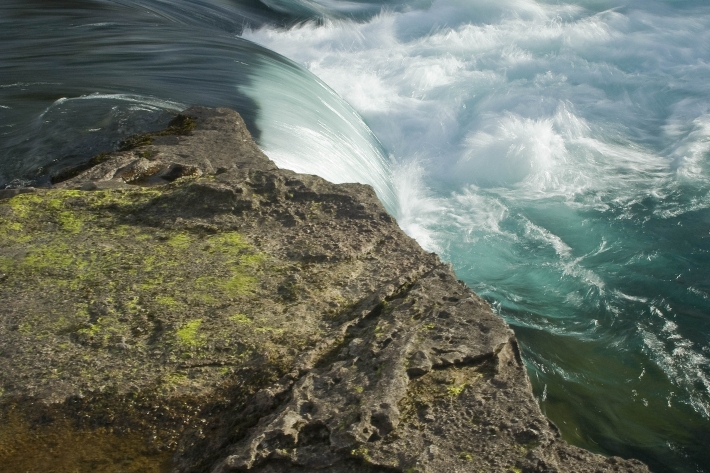-

Map C North
Education ResourceAs this region is sheltered by high country to the south and east, it has less wind than many other parts of New Zealand. -

Definitions of drought
There are several definitions of drought, depending upon whether it is viewed as a hazard or a risk. -

Compound Specific Isotope Analysis (CSIA)
Compound specific stable isotope analysis techniques are an increasingly useful tool to address many ecological and environmental research questions. -
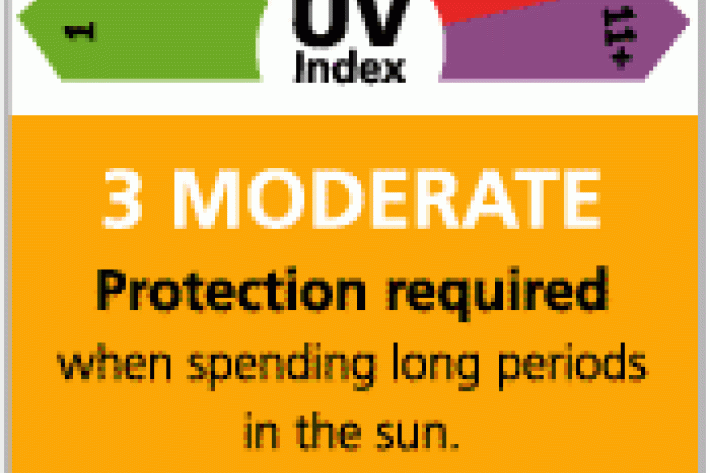
Real-time UV Index displays
NIWA has developed a real time UV display in consultation with the Cancer Society and Sunsmart. -

Resources and References
Links to related resources and websites -
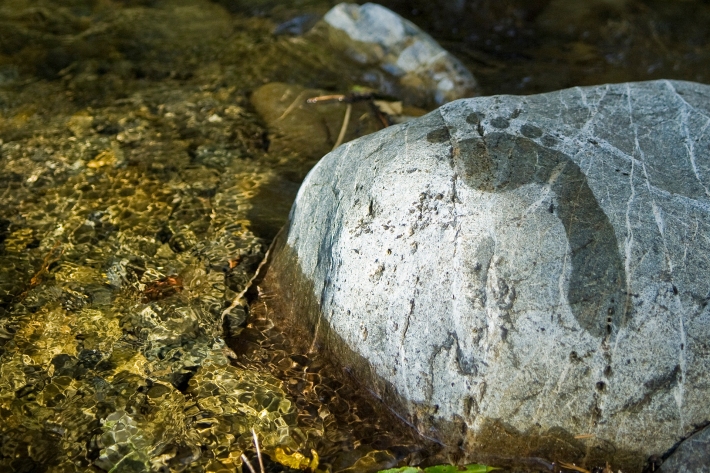
Organisational sustainability
NIWA's goal is to provide the science to help New Zealanders transition to a sustainable future. -
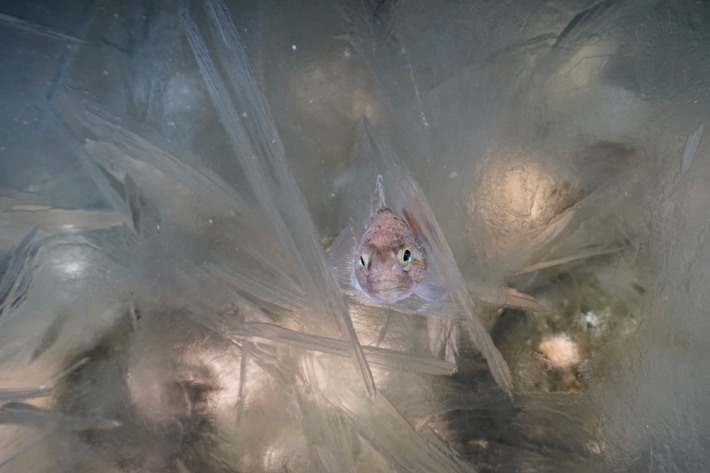
Blogs
Follow NIWA's scientists as they explore the natural world, make new discoveries and share how people use their science. -
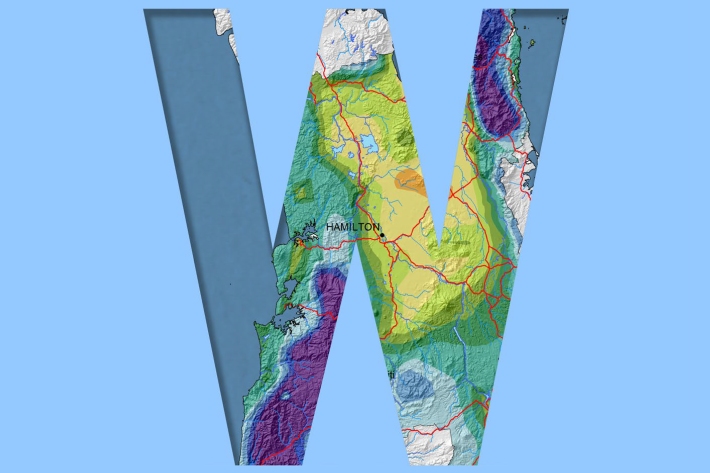
Waikato
Waikato exhibits a range of climates due to the variety of landscapes in the region. -
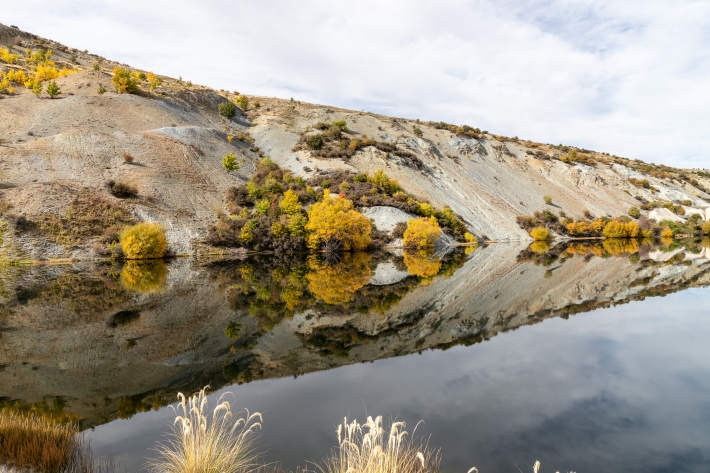
Seasonal
Publication seriesSeasonal climate summaries from summer 2001 to the present.

